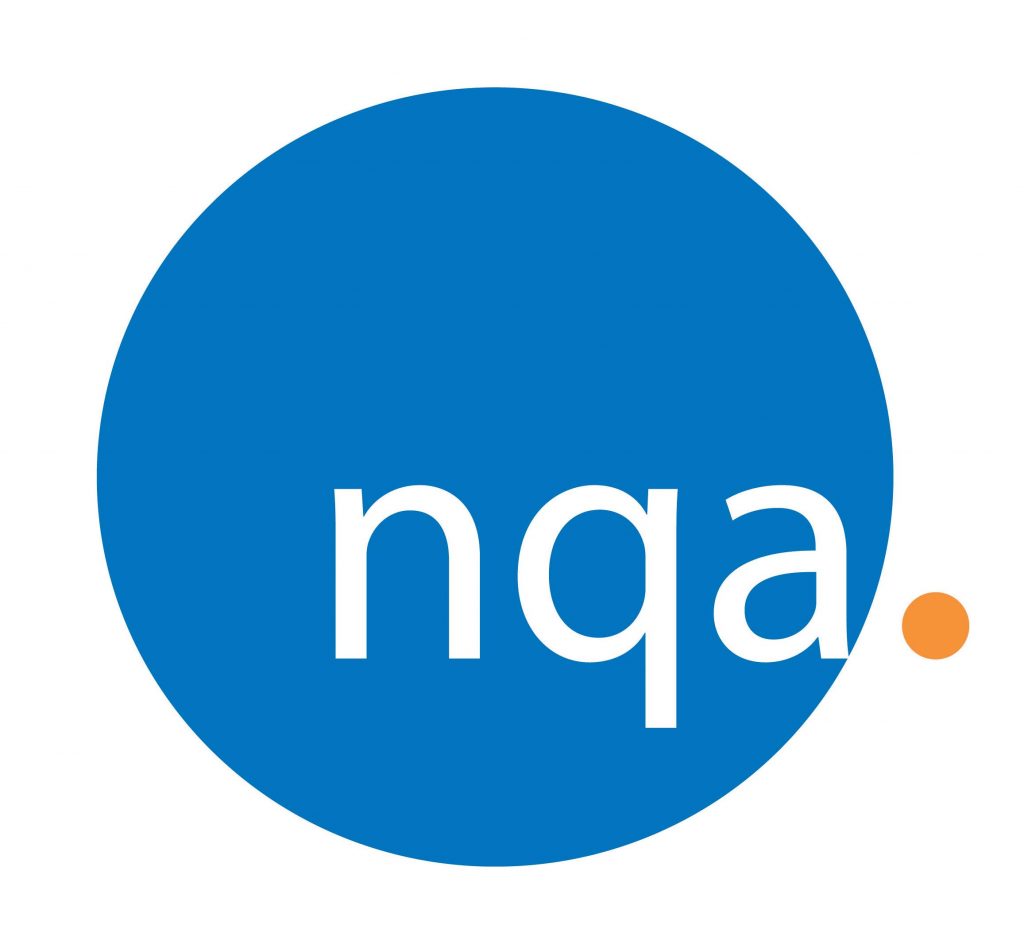5 mins read

UKAS speaks to NQA Commercial & Customer Experience Director, Laura Fletcher, about the value of accredited certification.
Related topics
NQA is one of the UK’s leading certification bodies. Operating in over 90 different countries, it has a global presence of over 50,000 active certificates across a broad range of industries and standards.
NQA’s philosophy is “to help our customers deliver products the world can trust”. It is focussed on nurturing supportive partnerships with its clients to ensure they realise the benefits of accredited certification. NQA is proud of its 2020 net promoter score of over 70 and average partnership length of 12+ years with its clients.
NQA’s certification services have been accredited by UKAS (and its forerunners) since 1990, starting with BS 5750 (now ISO 9001) and steadily expanding over 30 years to cover everything from energy and environmental management systems certification to information security and privacy information management systems. NQA has also worked closely with the ABCB and UKAS on the future of blended audits.
Here, NQA’s Commercial and Customer Experience Director, Laura Fletcher outlines her experience of the accreditation process and the real world benefits it delivers to NQA, its customers and the wider certification industry.
How important is accreditation to your business?
We see accreditation as a key pillar in upholding standards and improving trust in a rapidly changing world. Being accredited by UKAS gives confidence to our customers that we are a competent, professional and reputable company, allowing us to be a valuable partner to them.
Accreditation underpins the way we support our customers and provide certification. UKAS accreditation is important for recognition in many industry sectors and provides essential access to others.
Many of our customers require accredited certification to trade, especially in government, food, medical and aerospace supply chains.
How does holding UKAS accreditation impact your customers?
UKAS is an internationally recognised brand that our clients can easily identify with. It has clear core values which are aligned with NQA’s own. For some customers, holding a certificate from an accredited certification body is a prestigious goal they aspire to, whereas for others it’s an essential requirement of tendering for business, both in domestic and international markets.
Market places and supply chains are becoming increasingly aware of the benefits of choosing an accredited certification body over an unaccredited one. As a result, the majority of our customers tend to only be interested in working with accredited Certification Bodies. This means UKAS accreditation is a core requirement in many global markets. In a world where references to fake news are commonplace and trust is harder to come by, the UKAS symbol beside the NQA logo fulfils an important goal of providing that trust on a global platform.
How does accreditation impact the certification industry as a whole?
UKAS remains focused on ensuring that accredited Certification Bodies deliver the intended outcomes of certification to their customers, regardless of the sector served. These outcomes are continuous improvement, effective risk management and supply chain performance to name just a few. Accreditation sets a clear benchmark standard for Certification Bodies to work to, improving both the levels and consistency of performance across the certification industry. In turn, this helps to maintain the integrity of the certification process and adds to the prestigious reputation that accredited certification holds.
Does the assessment process benefit the day to day operations of the company?
Practicing what we preach is important to us. We use our accreditation to challenge ourselves to be a better organisation and provide exceptional results to our customers.
UKAS assessment managers are highly experienced and take a value-added approach to their assessments. Our assessments provide us with an important benchmark. The fresh pair of eyes give a different perspective which supports our improvement and innovation goals. We find it positive that UKAS are open and receptive to new ideas and ways of innovating.
We believe receiving assessments allows us to relate to our customers better, as we understand exactly what it is like to go through an external audit.
UKAS is currently conducting all assessments remotely. How did this method of assessment compare to the more traditional on-site assessment visit?
Receiving remote audits from UKAS has been a positive experience with clear benefits. The format of the remote assessment is not dissimilar to a face to face assessment.
Similar to our own certification assessments where we have adopted remote auditing, UKAS has taken this step due to necessity. However, from this, many positive lessons have been learnt.
We feel that it has still been possible for UKAS to add value using remote audit tools and that the assessment process has maintained all necessary rigour. This has meant that despite the pandemic, NQA’s processes have been subject to thorough independent, external oversight, allowing us to maintain our accreditation which is a crucial part of our business model.
The above said, we still very much believe in the value of a site visit with face to face discussions and anticipate that in the future a more blended approach between remote and on-site auditing would deliver optimal results. Such an approach would also be beneficial in significantly reducing the carbon footprint of the certification sector – something very close to NQA’s heart.